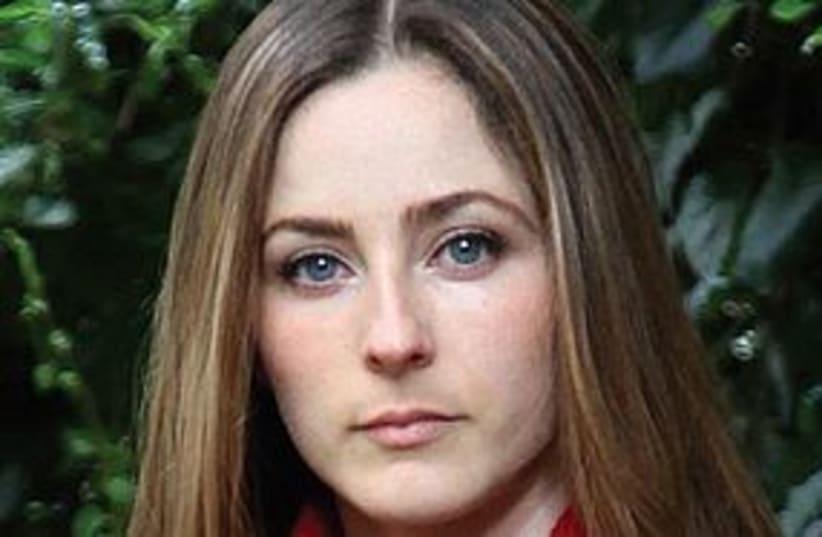You will soon be replacing your colleague Ofer Berkovitch on the city council as the representative for Hitorerut. Are you ready to make the move from behind the scenes to center stage?Well, I have had two-and-a-half years to get ready. I’ve been learning, understanding, preparing myself. That’s why I decided to spend these years within the system, to learn it from the inside. I can’t say if I’m ready for it, but I did think a lot about what I want to do and to promote.City council members are not paid. Is that a problem for you?You bet it’s a problem! I’m relatively young, so I don’t have any wealth to rely on. I pay rent and my tuition, I go shopping at a supermarket – somebody has to finance all these things. It’s not that I’m after one of those huge salaries, but I could use a regular income to make a living. To be a serious representative, you have to spend time there and it’s a real problem. I am committed to this venture and I will fulfill my obligation, but obviously this is not something one can do for a long time. That’s why Ofer and I cut the term in two.Will you be an “opposition” within the coalition?I’ll do my utmost to promote projects and plans that are consistent with my ideology. I hope it won’t make me act like an opposition member. But you know, council members don’t really have any authority. When I think about it, it’s so symbolic that we are not paid. The system is built so that all the authority and responsibility are in the mayor’s hands. So if we want to promote an agenda, we have to get him on board first. But if I see that I could gain more as an opposition within the coalition than as an obedient member, I won’t hesitate for a second.
Do you already have such an agenda of your own, or are going to continue what Ofer Berkovitch has initiated? Well, I will hold the same portfolio – youth and parts of cultural affairs. But I think the most pressing issues for the younger generation are employment and housing, and they are definitely the issues I will focus on.Speaking of housing in Jerusalem, you know that most of the construction projects are located beyond the Green Line. Where do you stand politically in regard to this issue? It’s not only housing projects. In this city, when you pave a road, plant a tree or have a cultural event in a sensitive location, it’s immediately in the international news, perhaps a special meeting at the White House – it’s crazy. Anything you do here is politics. For us it’s weird because when we created Hitorerut, we tried very hard to avoid political issues, focusing only on what we thought, naively, would be free of any political impact. But, of course, it doesn’t work that way.So how are you planning to overcome that?We aim at the largest common ground, focusing on the problems of west Jerusalem, trying not to involve our personal political positions. For me, Jerusalem is not a political issue or a place where Jews and Arabs fight over control, but the place where I live.And that includes east Jerusalem, where people live too. I’m not into issues like whose land it is or which state should be governing here and the like.To answer your question on construction beyond the Green Line, we all know these things are not really in our hands, not even the mayor’s hands – it’s all decided at the Prime Minister’s Office. This city has to find ways to encourage the younger generation to stay here, that’s what matters.Hitorerut is a movement that is remembered mostly for using big gimmicks. What is it today?That’s the best thing to do because it has an immediate effect, and that’s what you need in an election campaign. And you must admit that it did deliver the goods – people woke up from their apathy and went to vote.The next elections are in two and a half years. How are you preparing yourself for that? I spent two-and-a-half years on the city council [as assistant to Berkovitch], and now I have to decide if politics is the way I want to promote my ideology. Once city council members are inside, their hands are tied. They don’t have the authority to make any decisions, they are not paid. The system is built in such a way that it seems as if nobody really wants to let them do a serious job. That’s how I feel about it, now that I’ve seen it from the inside. Now I will have to decide if, given these limitations, I want to take part in this game.Does that apply to Hitorerut as well? Is it a one-time organization?Oh, no. Hitorerut is here to stay, there’s no question about that. It’s just about me. I have to ask myself – and answer honestly -- is that what I want and the way I want to do it?
